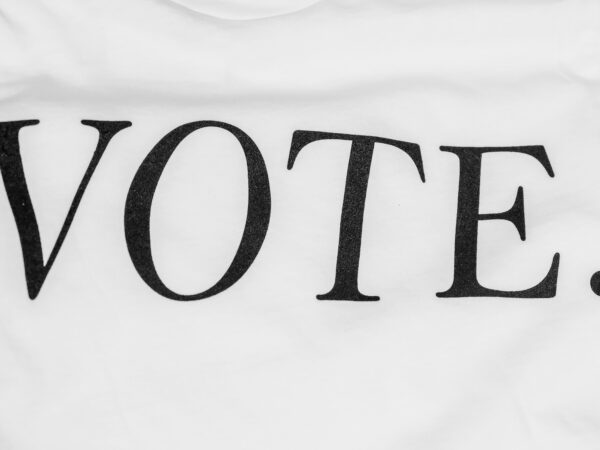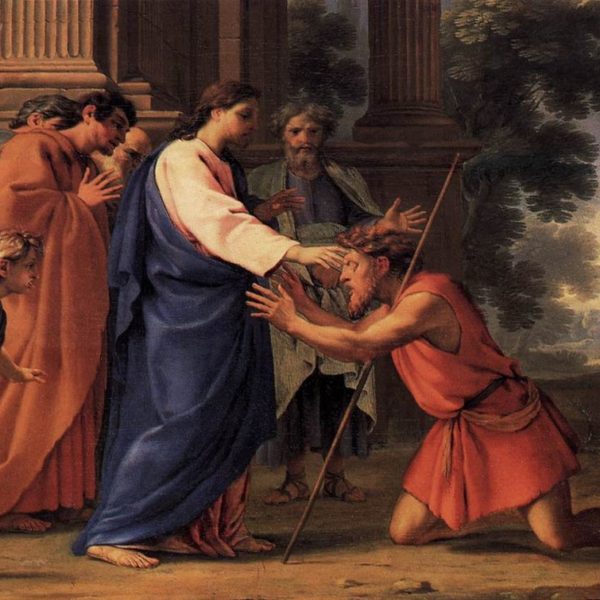
Sin exists in the denial of love and compassion. Where there is justice, there God’s work is seen. It is the absence of love and denial of fellowship with one another that defines sin. Being Christ’s disciple is building a just society by loving one another and creating a safe space for everyone to live in. The Church should be a welcoming place where everyone feels liberated and not judged based on differences or otherness
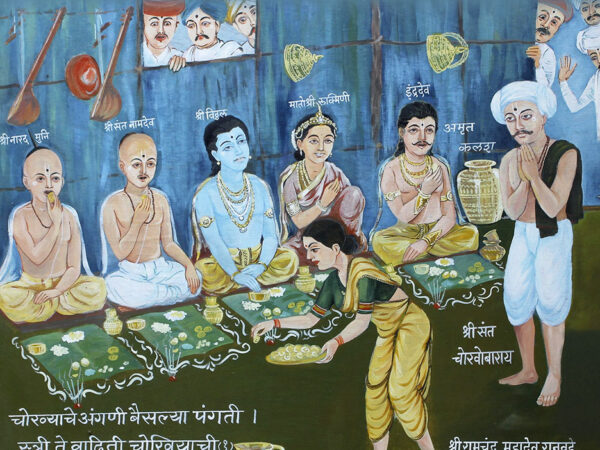
Early modern Indian saint-poets challenged the hierarchical caste-based Hindu social order by democratizing the sacerdotal ritual tradition. Food commensality was an effective means used for undertaking such democratizing processes.
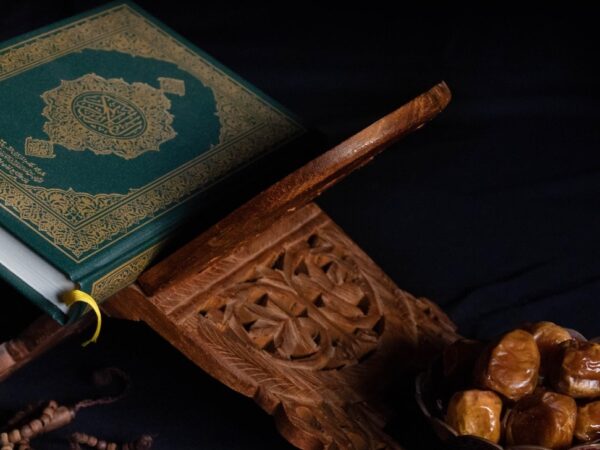
For Muslims to become worthy of any empathy and solidarity, whether in the west or in staunchly anti-Muslim India, what must first be shed is our very religiosity. Islam is to be tolerated only when reduced to culture in which the dominant-caste or white friend can joyously celebrate Muslim festivities, visit Muslim friends and restaurants for biryani in Toronto or Delhi, or post Sufi songs on their social media. Those are the parameters set around reception of a Muslim sans Islam.
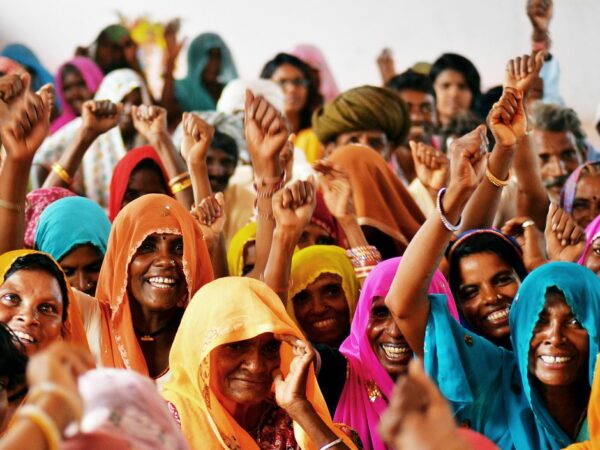
When leading members in the church uncritically participate in class based favoritism, they become complicit in oppression. The message of James is simple and arresting. Judgement awaits those who ignore God’s preferential option for the poor and become participants in prevailing discriminatory logics.
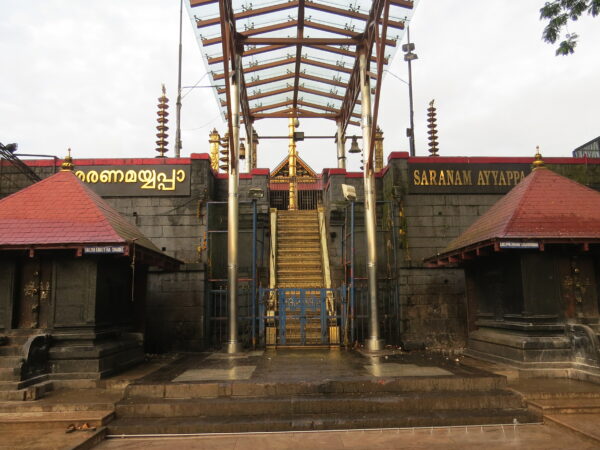
The Sabarimala judgment of the Indian Supreme Court has been widely celebrated in liberal-progressive circles for its inclusionary gesture of upholding the right of women to enter Hindu temples as public places of religious worship. But to make sex political, what we need is the discovery of a new language of sovereignty that defies and exceeds the identitarian logic of inclusion and exclusion
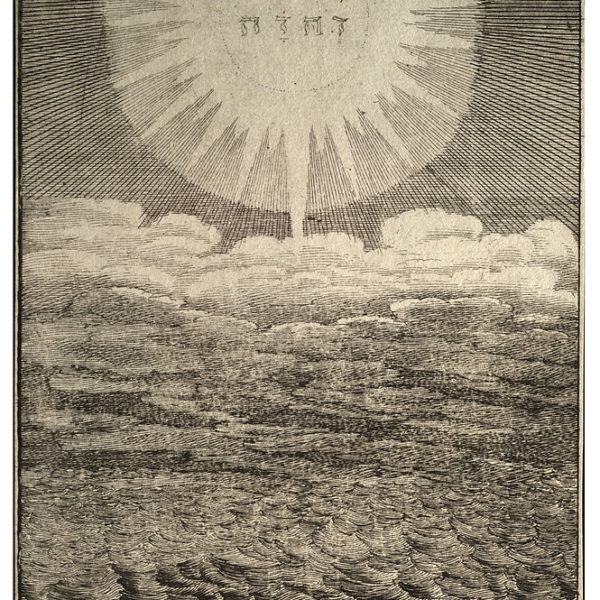
August 28th 2013, reminded us of the power of the spoken word as the world commemorated the 50th anniversary of Rev. Martin Luther King Jr’s historic “I Have a Dream” speech. What was celebrated was the moral power of words to transform history – this despite the risk and tragedy of empty rhetoric which has inundated it.
